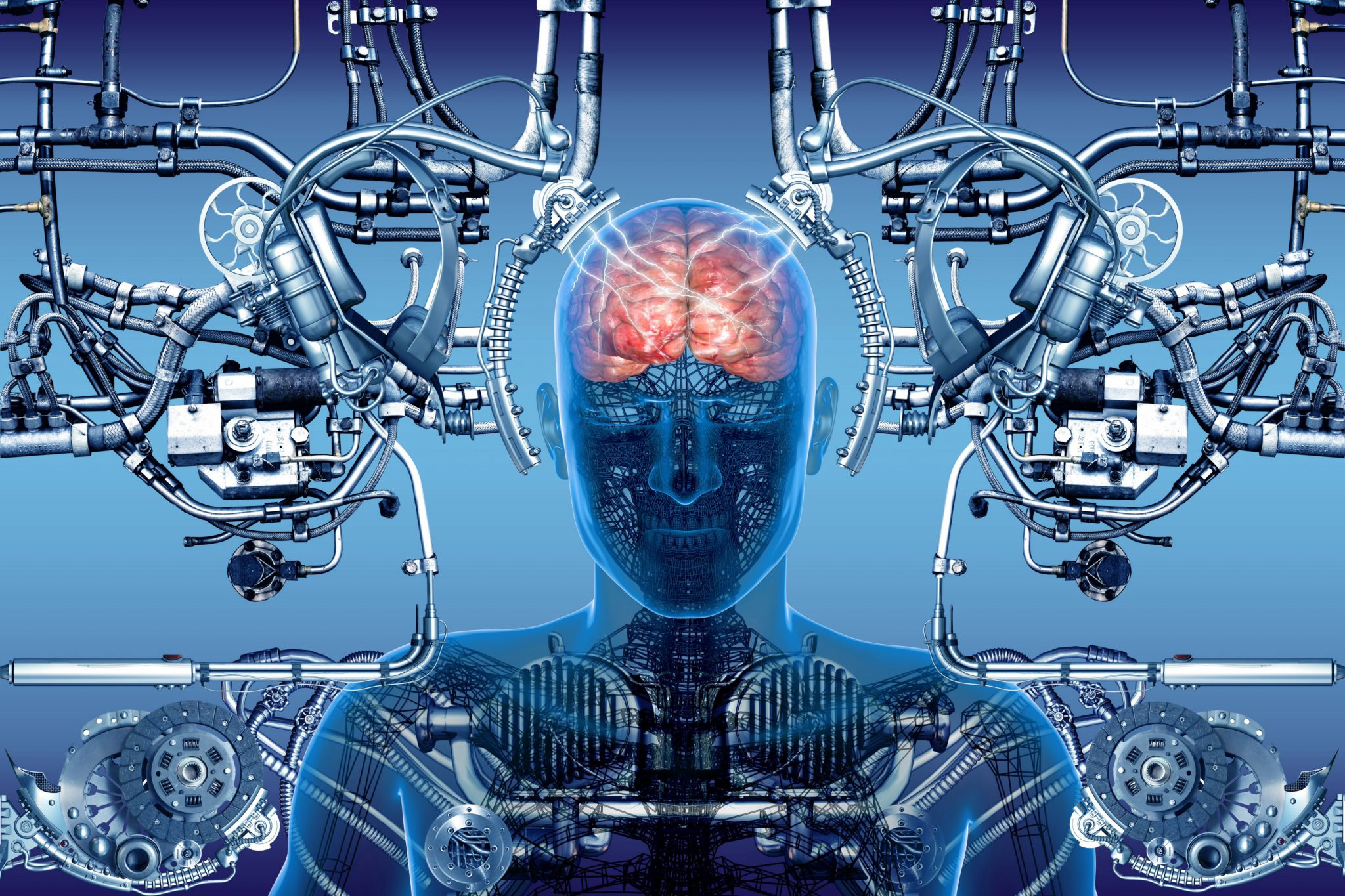Brain-computer interfaces (BCIs) are revolutionizing the landscape of neurotechnology, igniting both excitement and concern in equal measure. These advanced systems, which allow direct communication between the brain and external devices, offer transformative possibilities for individuals with disabilities, enabling them to control prosthetic limbs or even communicate merely through thought. As companies like Neuralink push the boundaries of BCI advancements, the implications of such technology extend beyond assisting those in need; they raise essential mind control concerns. Additionally, the development and deployment of BCIs come with significant ethical implications, prompting discussions on the potential risks inherent in neurotechnology. With the market for BCIs projected to surge to around $400 billion in the U.S., understanding both its benefits and its ethical dimensions is crucial for navigating this brave new world.
In the realm of neurotechnology, devices known as brain-machine interfaces are emerging as a groundbreaking innovation, binding the human mind with digital capabilities. This integration poses exciting opportunities for those who struggle with physical limitations, allowing for unprecedented control over technological devices through mere thought. However, alongside these benefits, there are rising fears regarding the potential for mind manipulation and ethical dilemmas surrounding user consent and privacy. As the market for these advanced systems continues to expand, the dialogue surrounding the risks associated with neurotechnology becomes increasingly critical. Ultimately, navigating the future of brain-machine interfaces necessitates a balanced approach that prioritizes both innovation and ethical responsibility.
Understanding Brain-Computer Interfaces (BCIs) and Their Potential
Brain-computer interfaces (BCIs) represent a groundbreaking intersection of neuroscience and technology, allowing direct communication between the brain and external devices. Recent advances, such as Neuralink technology, illustrate the promise of BCIs in transforming lives by enabling people with disabilities to control computers or even prosthetic limbs using their thoughts. For instance, the recent achievements of individuals like Noland Arbaugh, who can manipulate a computer mouse solely through neural signals, highlight the potential of this technology to restore lost abilities and enhance quality of life.
However, while the technological landscape of BCIs evolves, it is crucial to consider the ethical implications that accompany such advancements. Devices that decode brain signals open up discussions about neurotechnology risks, such as invasion of mental privacy and the potential for misuse by unauthorized entities. As we harness these tools, a balance must be struck between their benefits and the safeguard of individual rights and freedoms.
Ethical Implications of Neuralink and Similar Technologies
The emergence of Neuralink and similar neurotechnologies has sparked significant debate surrounding ethical implications. As BCIs become more integrated into everyday life, concerns over consent, mental privacy, and the potential for behavioral manipulation have effectively shifted into the spotlight. Historical examples, such as past government experiments in mind control, remind us of the potential dangers of allowing technology to cross ethical boundaries. Scholars like Lukas Meier emphasize the importance of vigilance as society brings these powerful tools into public use.
Moreover, the ramifications of deploying BCIs go beyond mere technical capabilities; they venture into the realms of personal autonomy and mental integrity. As the technology develops further, it becomes increasingly vital to establish frameworks that protect users from potential exploitation. Regulatory measures and ethical guidelines must be prioritized to navigate the murky waters of neurotechnology advancements, ensuring that the human element remains central as we embrace new technologies.
The Future of Neurotechnology: Opportunities and Risks Ahead
Frequently Asked Questions
What are brain-computer interfaces (BCIs) and their potential applications?
Brain-computer interfaces (BCIs) are advanced neurotechnology systems that enable direct communication between the brain and external devices. They hold transformative potential for individuals with disabilities, allowing control of prosthetic limbs, computers, or even speech generation through thought alone. Companies like Neuralink are leading these innovations, aiming to improve quality of life for those with spinal cord injuries and neurological disorders.
What are some ethical implications of BCIs like those developed by Neuralink?
The development of brain-computer interfaces raises significant ethical implications, particularly regarding consent, mental privacy, and potential misuse. Concerns include the possibility of unauthorized manipulation of thoughts or behaviors and the risk of surveillance via neurotechnology. As BCI technology progresses, careful consideration of ethical guidelines will be necessary to protect individual rights and ensure responsible usage.
How does Neuralink technology work in brain-computer interfaces?
Neuralink technology employs a small brain chip that interfaces with neurons to decode brain activity. By detecting neural signals, it translates thoughts into actions, enabling paralyzed individuals to control devices like computers or smartphones. This innovative application of brain-computer interfaces represents a significant breakthrough in neurotechnology, paving the way for broader therapeutic applications in the future.
What mind control concerns are associated with brain-computer interfaces?
Mind control concerns linked to brain-computer interfaces (BCIs) primarily revolve around the potential for manipulation of thoughts or behaviors. Past historical incidents, such as the MKUltra project, illustrate the dangers of attempts at psychological control. Current advancements in neurotechnologies highlight the necessity of establishing ethical boundaries to prevent misuse while harnessing the benefits BCIs offer for medical advancements.
What are the potential risks and challenges associated with BCI advancements?
The advancements in brain-computer interfaces, while promising, come with risks such as neurotechnology-related health issues, data privacy concerns, and ethical dilemmas surrounding informed consent. Additionally, the possibility of unintended effects, like behavioral changes following neural stimulation, underscores the need for thorough research and regulatory measures to ensure safety and efficacy in BCI applications.
| Key Points | Details |
|---|---|
| Brain-Computer Interfaces (BCIs) | Neuralink’s brain chip implant allowed a paralyzed individual, Noland Arbaugh, to control a computer mouse with his mind and play chess. |
| Market Potential | The BCI market could reach around $400 billion in the U.S., addressing disabilities like paralysis and spinal cord injuries. |
| Ethical Concerns | A paper from Carr Center highlights risks of psychological manipulation, drawing parallels to past CIA experiments like MKUltra. |
| Need for Caution | Technological advances in BCIs could potentially enable behavior modification and invasive mental control. |
| Global Competition | Meier advocates for BCI development in the U.S. to prevent adversaries from misusing these technologies. |
Summary
Brain-computer interfaces (BCIs) represent a revolutionary advancement in technology, particularly for individuals with disabilities. While the potential benefits of BCIs, such as improved control of prosthetic limbs and communication tools, are immensely promising, it is crucial to remain vigilant about the ethical implications and risks associated with such powerful technologies. History has shown us that advancements can lead to misuse and violation of rights, as seen in past psychological manipulation experiments. Therefore, while pursuing continued development, we must ensure that safeguards are put in place to protect individual autonomy and mental privacy.





